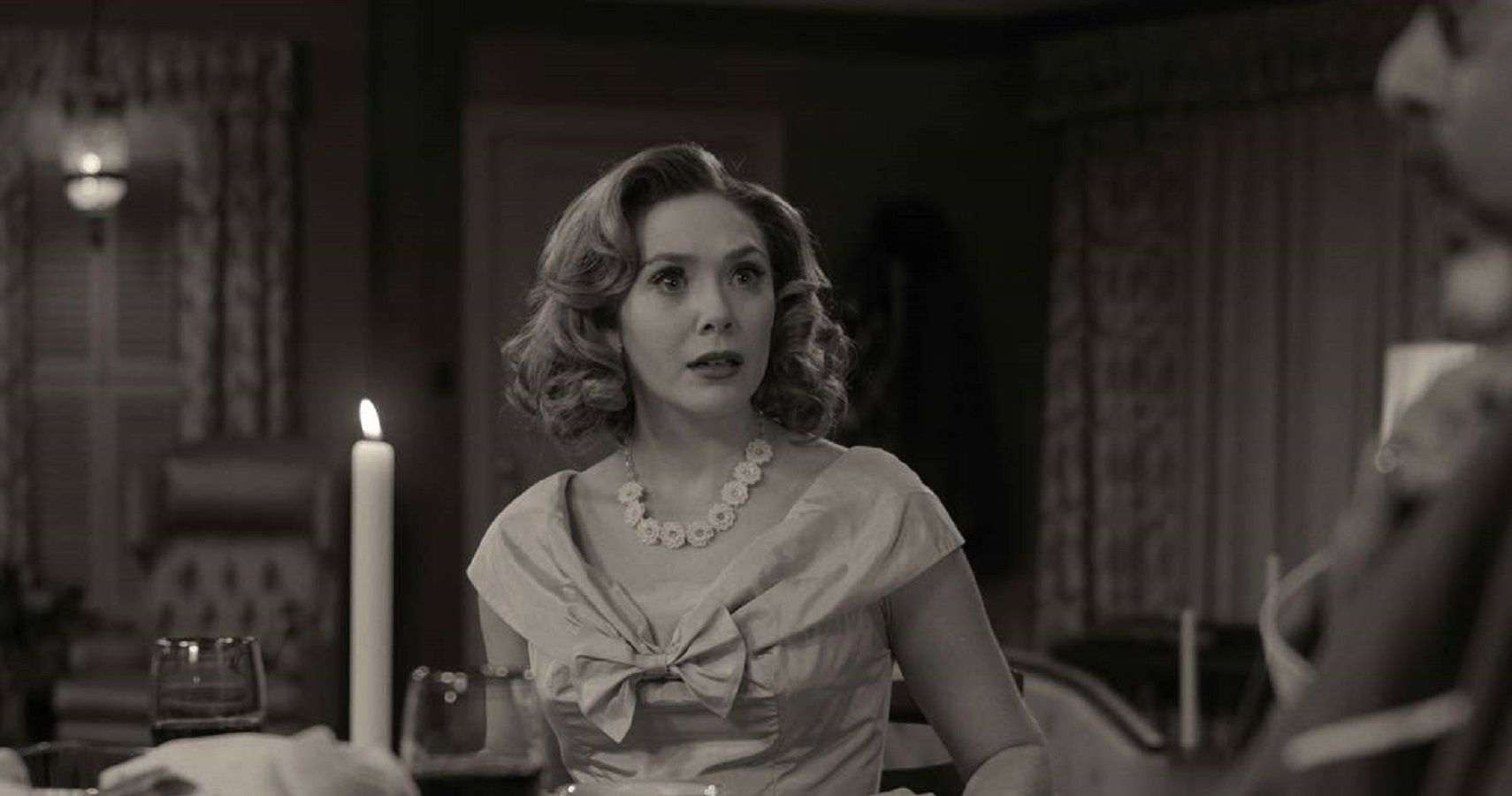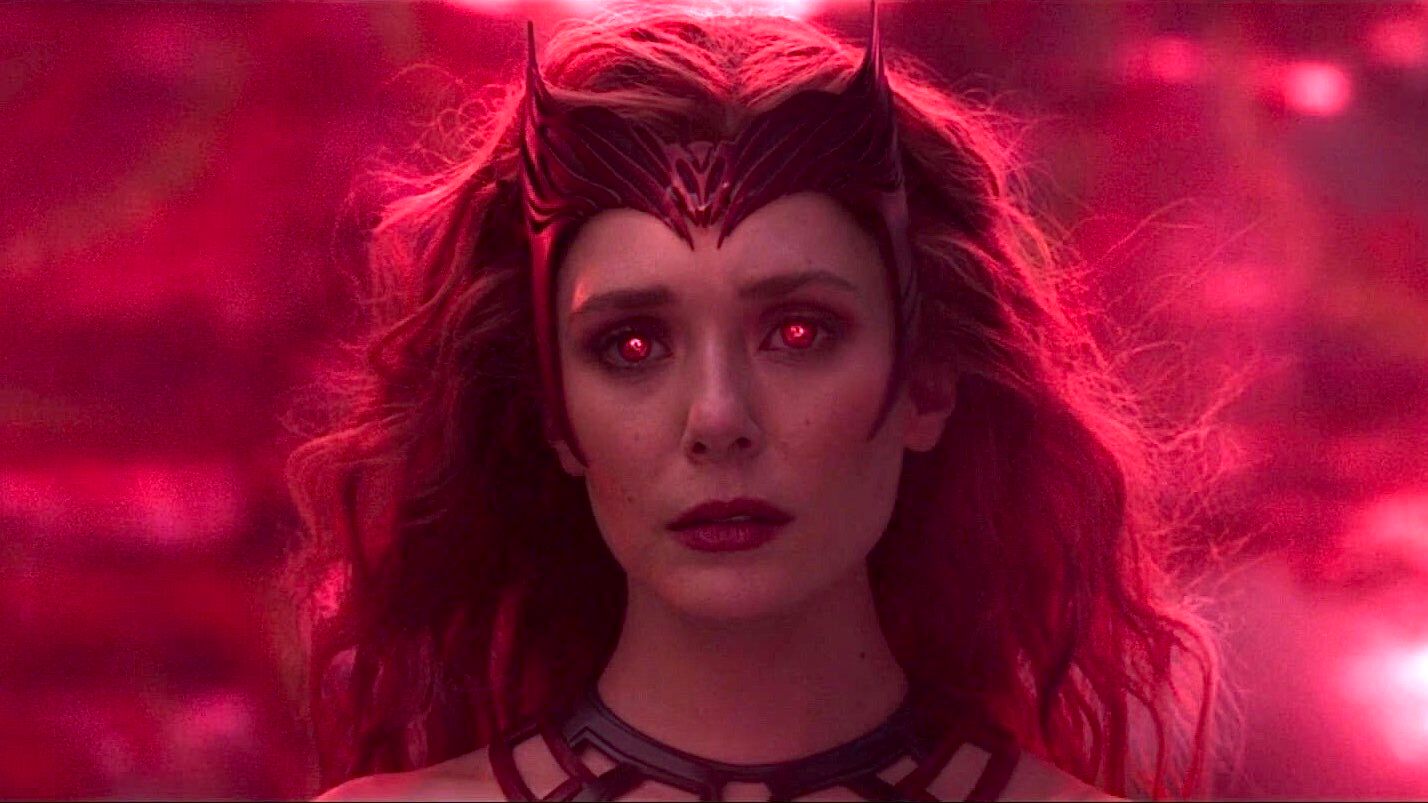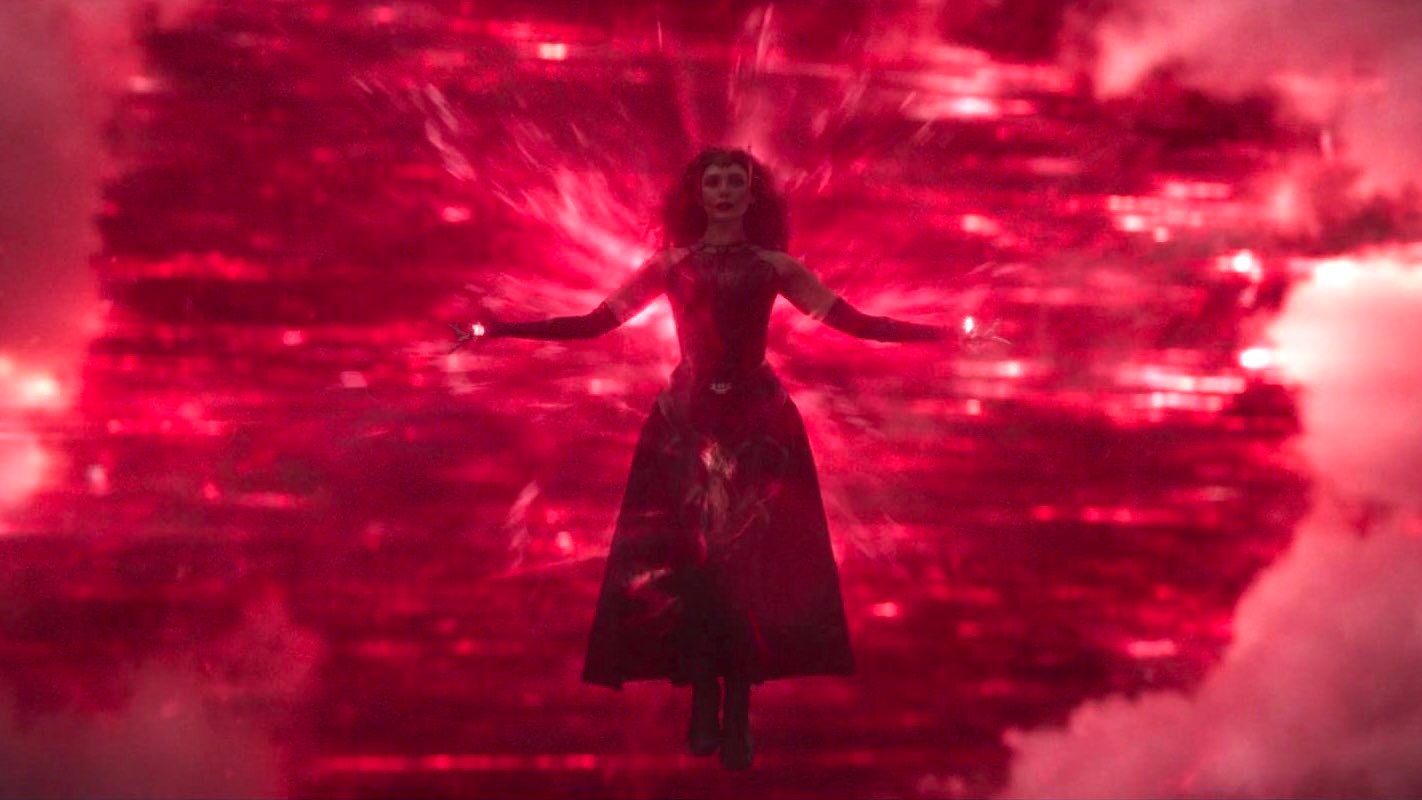WandaVision came to a close last week, with a spectacular battle between Black Panther and Killmonger as the epic finale. No, wait… that’s not right. It was Captain America and Red Skull, right? Hang on, not Red Skull, it was Captain America and the Winter Soldier, wasn’t it? Was it Hulk and Abomination? Iron Man and Whiplash? Iron Man and Stane…? Wait, let me look this up. Oh yeah, it was between Wanda Maximoff and Agatha Harkness, as well as Vision and Vision. For all I cared though, it may as well have been Black Panther and Killmonger again.
This is not some contrarian, “MCU sucks!” take on the whole thing. I enjoy the MCU, and I loved WandaVision. I think for the most part they’re just silly fun, but I don’t think there’s anything wrong with that, especially when we’re talking about universally popular blockbuster entertainment. But for all I like the MCU, and would defend it, we really need some variety in our endings. There were a few twists in the final moments, two post-credit teases, and a sense of earned resolution alongside a Pyrrhic victory, but ultimately it came down to a hero and a villain, both with an almost identical skill set, duking it out until the hero wins. It’s the same thing that happens between Black Panther and Killmonger, between Captain America and Red Skull, between… you get the picture.
I mention Killmonger especially because damn, didn’t he deserve better? Whiplash, Abomination, and a lot of these other diametrically opposed foes are just comic book movie goofiness. They exist purely to have a CGI-infused smackdown with our heroic lead. Killmonger and Agatha Harkness were different. Killmonger is firmly anti-imperialist, and was abandoned by people as a young child, forced to grow up in the USA where his Blackness placed him in constant danger, and made him feel like a second class citizen. Black Panther, on the other hand, grew up as a member of the royal family, from a wealthy yet heavily isolationist African nation. While Black people, both in Africa and around the world, suffered through poverty, Wakanda hoarded its resources. To be fair to T’Challa, he does reject the isolationist ways of his father, but why should Killmonger give him the benefit of the doubt? And why, when the film goes to great lengths to establish these ideas, does it settle them with a fist fight?
WandaVision does not challenge the same issues as Black Panther, instead exploring the idea of grief rather than the inherited trauma of the Black diaspora. Few MCU films tackle such huge questions as Black Panther, and that’s why the final showdown - disappointing though it was - felt like a turning point. Since then, the MCU has stepped back slightly from the symmetrical fights, opting either for battles on a much larger scale against Thanos, or more creative attempts at resolution, like in Ant-Man And The Wasp or Spider-Man: Far From Home. WandaVision pulls the MCU back to its worst tendencies, which is especially disappointing when it had rebelled against them so hard initially.
The common consensus seems to be that WandaVision needs a couple of episodes to get going, then gradually gets better as it takes us up to the familiar feel of the modern day. Perhaps that’s just it: everything is so familiar, and people find it cosy. But for a while, WandaVision dared to be different, and it’s a shame the show did not have the resolve to keep that going.
Part of the reason I clicked with WandaVision so early is because I love television. I actually don’t watch that much of it these days, strangely, but I’m a big fan of TV history and referential comedy has always been my favourite. That’s why WandaVision impressed me so much - the references were spot on and used to perfection. The early ‘50s-themed episodes took after the likes of The Dick Van Dyke Show, with everything just swell between Dick and Mary, or rather Vision and Wanda. There was no tension, no villain, everything was sweet, peaceful bliss. Once the kids arrived, it took on a Married… With Children vibe where the tension was all good-natured and played for schtick, and the family was getting itself into zany scrapes. Once the tension rose to the point of dysfunction and arguments, Married… was switched out for the nihilism of Malcolm In The Middle, before the faux-docu-comedy stylings of Modern Family stepped in as Wanda started to question her place in the reality she had created. These weren’t just Family Guy-style “hey, remember Cheers?” references, they were astutely used to highlight Wanda’s specific emotions in relation to her family. There was a puzzle being constructed for us, a path we were being slowly led down, a new way to apply referential comedy into the narrative itself.
Then in the last two episodes, all of this structure is thrown out for a lot of exposition which roughly translates to Agatha telling Wanda, “You’re magic, let’s fight!”
Agatha tells Wanda all of this because Agatha has the ability to consume the power of other witches, and she can’t consume Wanda’s unless it’s unleashed, or something. Why the Hex alone isn’t enough for that, what the purpose of Ralph was, and how exactly it was Agatha All Along are largely left unanswered. The show was layered enough that I think it might have been able to offer some answers if it wasn’t concerned with reminding us that Wanda kicks ass.
Why it even ends this way at all is still something I’m struggling with. It was cool, of course, but The Falcon And The Winter Soldier is being set up as the epic action fest of the Disney+ lineup. This was supposed to be far more thoughtful, far more intimate and personal. The magical sky battle was just too much like what we’ve seen before and goes against this episode’s individual arc of Wanda learning to harness her power as the Scarlet Witch, but also to control it, and to accept her own grief. The double Vision duet, which ends with a philosophical discussion about Theseus’ Boat and the life of an android, shows there are various options for resolution, even if it feels slightly abrupt. Then again, that abruptness is largely so Agatha and Wanda can enjoy even more screen time.
The worst part is that Wanda’s actual victory comes via construction of runes, something she could have done without a magic head to head. WandaVision was Marvel’s biggest creative risk to date, but the ending was played disappointingly safe.



